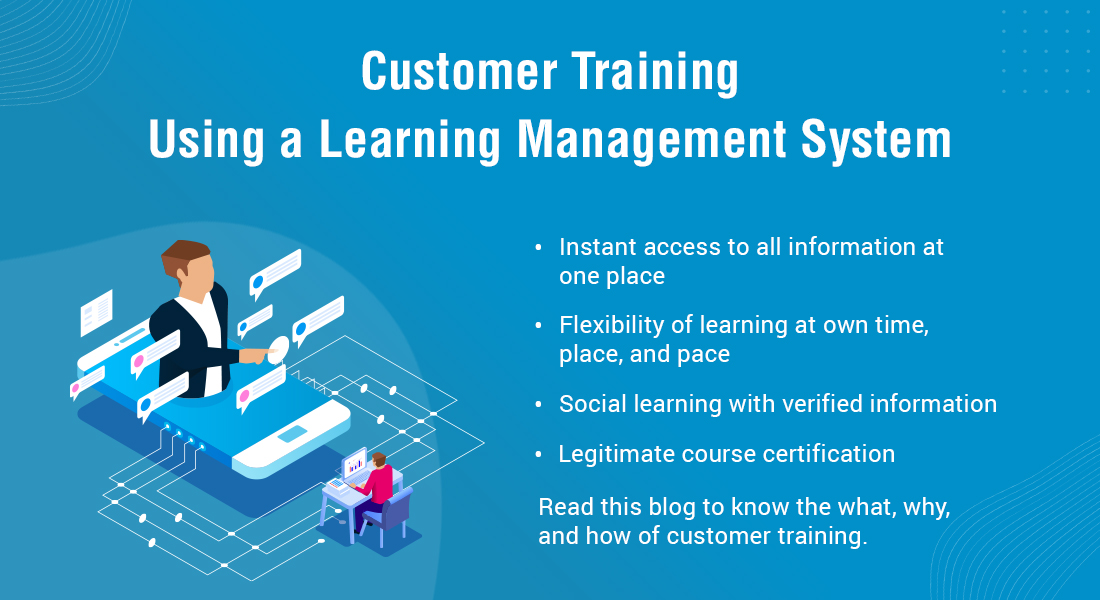Customization – The #1 Requirement to Build an Effective Sales Training Curriculum

Customization! What works for one, won’t necessarily work for another. There is an anecdote that talks about how, in order to make a successful insurance sale, a salesman would walk up to the potential buyer’s baby in a pram, hold him up, give it a kiss, and say, “if you don’t buy this insurance, you are not denying yourself a good life, but denying this child a good life.” It worked for him, and when a coworker heard about it, he decided to try it too. The result – he ended up with a gun pointed at his head and asked to leave. Apparently the prospective buyer’s child was a 17-year-old girl! He realized that what worked for his friend wouldn’t work for him, and that he would be better off just going with his own personality.
Customization. That’s the number one tip that we offer our clients, when they express their desire to build an effective sales training curriculum through off-the-shelf eLearning courses. Through all our experience dealing with organizations that require courses for sales training, we have observed that the needs of the sales team of each of these organizations differ, and cannot be met with an off-the-shelf solution. Sales productivity often falls because sales team training is not always developed with the end goal (sales enablement, and increased sales conversions), in mind. Here’s what we have gathered so far:
Firstly, there are different types of selling; B2B, B2C, C2B, C2C, B2E, G2G, G2B – are just some of them. Each of these sales processes requires a unique selling tactic and follows an individual selling process. So a standardized solution will not fit the training requirements of all sales teams.
Secondly, every audience is unique, and sales training course content that is crafted and customized along the lines of a detailed analysis of the buyer personas will help fuel sales and increase conversion rates.
Thirdly, sales representatives are busy people with no time to train – let alone go through parts of a standardized course that does not meet their needs. What they need is content that speaks to them, they can relate to; content that will help them increase their sales conversions. Our clients tell us they need a sales training curriculum that their teams can rely on, at the time of need – even if it’s when they are face-to-face with a prospective buyer. So we find out what they need, what is relevant to them, and use that information as our blueprint to design a customized course.
Fourthly, as with all types of training, sales team training is invariably met with reluctance. From our experience, training that has been painstakingly customized to meet an organization’s unique sales training requirements are:
- More effective
- Accepted more willingly
- Met with less resistance
- More likely to get instant buy-ins from the team
Then there are the individual learners themselves, who have different learning styles. An off-the-shelf solution cannot cater to the individual learning styles of a sales team. Most vendors are reluctant to hand over editing/customization rights over what they have created. With no flexibility, fast learners may be forced to learn at a snail’s pace, or slow learners may be forced to whiz through the course.
There is an avalanche of standard modules available at the moment, all claiming to be all things – for every industry; very few of them are suited for a particular situation. Even if you buy a product that purports to cater to your particular industry, your sales team’s learning needs will remain unfulfilled. When it comes to getting your sales team to project your brand image, settling for an off-the-shelf course will never do. Here are 3 more reasons customizations work better than off-the-shelf courses for sales team training – 3 more reasons customization is the #1 tip to build an effective sales training curriculum.





